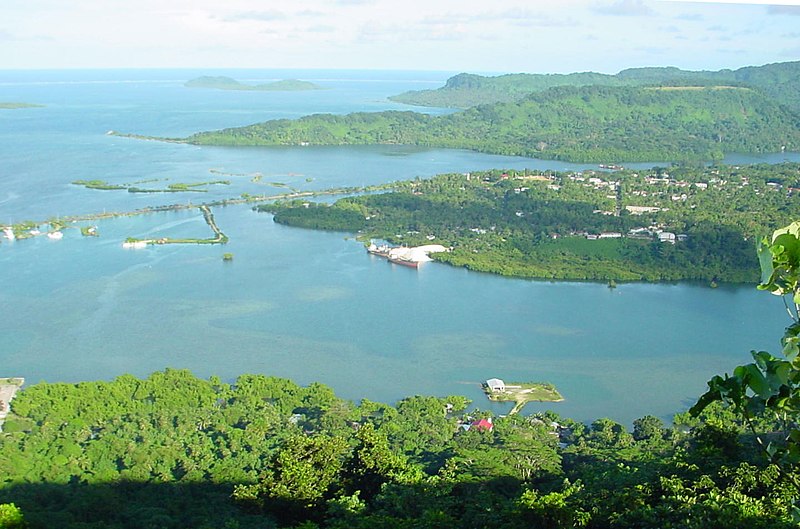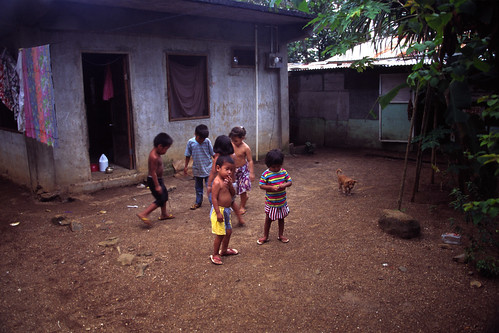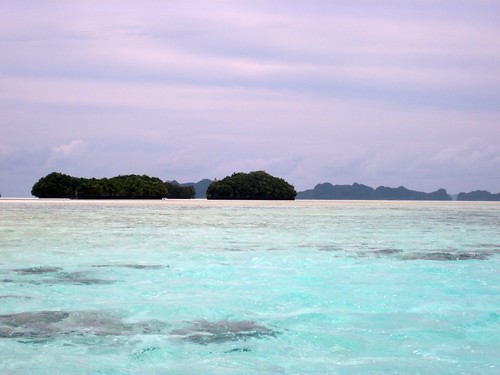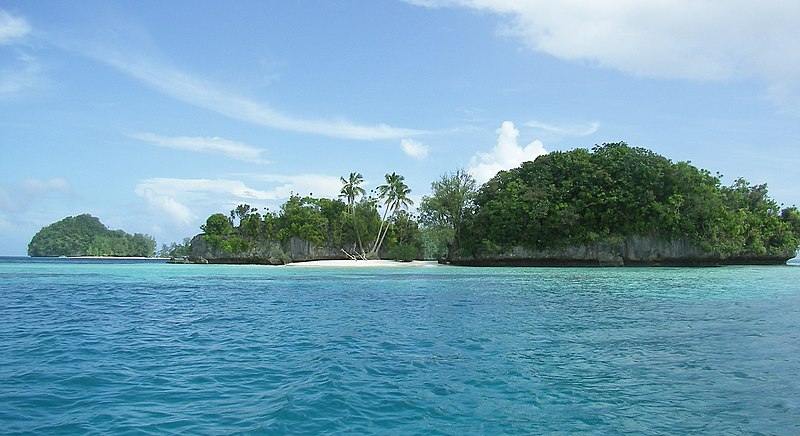Adopting from Micronesia, Federated States of
Contents
Hague Convention Information
The Federated States of Micronesia, is not party to the Hague Convention on Protection of Children and Co-operation in Respect of Intercountry Adoption (the Hague Adoption Convention). Intercountry adoptions of children from non-Hague countries are processed in accordance with 8 Code of Federal Regulations, Section 204.3 as it relates to orphans as defined under the Immigration and Nationality Act, Section 101(b)(1)(F).
PLEASE NOTE: Under the Compact of Free Association between the United States and the Federated States of Micronesia (FSM), FSM citizens have the right to live, work, study and assume residence in the United States with no visa requirement. However, this does not apply to adopted children from the FSM, who must obtain a U.S. immigrant visa in order to travel to reside permanently with their adoptive families in the United States.
IMPORTANT CHANGE FROM PAST VISA PRACTICE WITH REGARD TO ADOPTED CHILDREN of the FSM: In the past, some children adopted by U.S. citizens were permitted to travel to the United States to reside there permanently without obtaining U.S. immigrant visas. This is no longer possible. Adopted children from the FSM must obtain immigrant visas if they intend to take up residence in the United States.
This in no way impacts the right of FSM citizens to continue "legitimate residence" in the United States. Nor does it affect the right of FSM parents to take their own children to the United States for this purpose. This issue concerns only those children of the FSM traveling to the United States with their U.S. citizen adoptive or prospective adoptive parents.
Enforcement of the requirement that adopted children from the FSM obtain U.S. immigrant visas is in the children's best interests. U.S. citizen prospective adoptive parents will now have to petition USCIS for permission to adopt a child from abroad, and as part of this process undergo an exhaustive background investigation that includes criminal record checks and a home study to determine their suitability to adopt. Furthermore, enforcement of the immigrant visa requirement will ensure that only children who are legitimately adoptable orphans will receive immigrant visas.
U.S. IMMIGRATION REQUIREMENTS FOR INTERCOUNTRY ADOPTIONS
To bring an adopted child to the United States from the Federated States of Micronesia, you must meet eligibility and suitability requirements. The U.S. Department of Homeland Security, U.S. Citizenship and Immigration Services (USCIS) determines Who Can Adopt under U.S. immigration law. Additionally, a child must meet the definition of orphan under U.S. law in order to be eligible to immigrate to the United States on an IR-3 or IR-4 immigrant visa.
Who Can Adopt
In addition to U.S. immigration requirements, you must also meet the following requirements in order to adopt a child from the Federated States of Micronesia:
Residency
There is a three-year residency requirement for all U.S. citizen prospective adoptive parents in the state of Pohnpei, codified by law, meaning that the parents must have lived in the FSM for three years prior to adoption proceedings. The three other states in the FSM (Kosrae, Chuuk, and Yap) have no law specifically pertaining to adoption. Adoptions are handled in the court system and addressed entirely on a case-by-case basis.
Age of Adopting Parents
There is no codified requirement on adoptive parents related to age. This would be addressed on a case-by-case basis during the adoption proceedings. The local attorney representing the adoptive parents would be able to address and answer these issues.
Marriage
There is no codified requirement on adoptive parents related to marital status. This would be addressed on a case-by-case basis during the adoption proceedings. The local attorney representing the adoptive parents would be able to address and answer these issues.
Income
There is no codified requirement on adoptive parents related to economic eligibility. This would be addressed on a case-by-case basis during the adoption proceedings. The local attorney representing the adoptive parents would be able to address and answer these issues.
Other
None
Who Can Be Adopted
How to Adopt
Adoption Authority
The Process
Traveling Abroad
After Adoption
SOURCE
Intercountry Adoption, Bureau of Consular Affairs. U.S. Department of State Country Information









